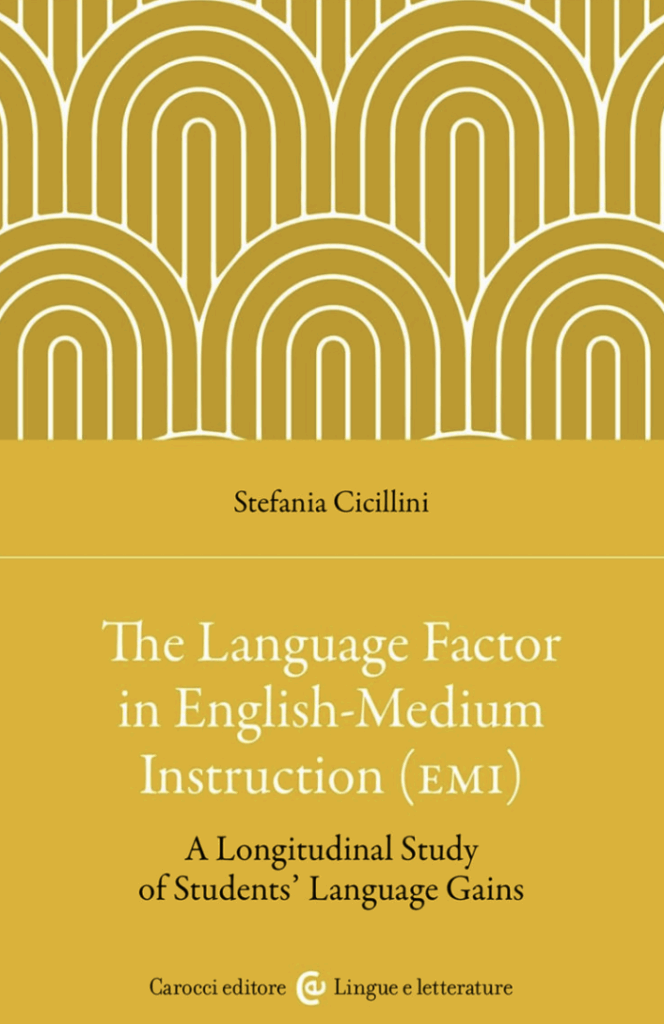(Im)politeness plays a crucial role in the analysis of dramatic dialogue, revealing complex aspects of characterization, plot development, and the underlying structure of social harmony or discord. The ways in which characters deploy impoliteness strategies on stage provide insights into power dynamics, relationships, and the negotiation of social boundaries. Beyond its narrative function, impoliteness also serves as an important theatrical tool: it can enhance entertainment, generate humour, and, in the case of mock impoliteness, even express intimacy, affect, or strategic cunning. While dramatic texts have often been overlooked in stylistic and pragmatic studies due to the long-standing debate between text based and performance-based approaches, the increasing availability of filmed stage performances — through platforms such as National Theatre Live, National Theatre at Home, Digital Theatre — has facilitated new analytical possibilities. The integration of multimodal analysis now allows scholars to examine not only the language of dramatic texts but also their performative realization, including prosody, gesture, and spatial dynamics. As Boulton argues, a play is an organic, complex organism: it does not simply signify, but it “walks and talks before our eyes” (1960: 3). This highlights the need to examine dramatic dialogue from multiple perspectives, considering how meaning emerges not only from the text itself but also from its delivery, interactional dynamics, and performative realization. By integrating linguistic, pragmatic, and multimodal approaches, scholars can explore the full range of strategies through which (im)politeness operates in drama—whether in written scripts, staged performances, or filmed versions. We invite proposals for 20-minute papers on a wide range of topics related to (im)politeness in dramatic discourse. The main topics of interest include, but are not limited to, the following: ● The multiple functions of (im)politeness in dramatic representation;● (Im)politeness and characterisation in plays;● Mock-politeness, humour, sarcasm, banter in plays● Multimodal approaches to (im)politeness● (Im)politeness and violence in dramatic discourse● Rhetoric in inter-character dynamics;● Stylistics and narration in drama;● Persuasive discourse;● Taboo language;● Translation of Drama and (Im)politeness Theory; We welcome contributions from scholars in pragmatics, discourse analysis, stylistics, drama studies, multimodal analysis, and related fields. Papers may focus on historical or contemporary drama, as well as on different theatrical traditions. Abstracts should not exceed 300 words and should be sent as email attachments in .doc or .docx format to valentina.vetri@unisi.it or chiara.ghezzi@unior.it by 15/07/2025. Proposals should include:– full name;– academic position;– affiliation;– email address;– keywords (5 max.)– references (5 max.) Notice of acceptance will be sent by 08/09/2025. Organising and Scientific CommitteeValentina Vetri, Bianca Del Villano, Chiara Ghezzi, Roberto Esposito, Mariaconcetta Mirto, Emma Pasquali, Aoife Beville. CALL FOR PAPERS(Im)politeness on StageMonday 15 – Tuesday 16 December, 2025University of Naples L’Orientale (Im)politeness plays a crucial role in the analysis of dramatic dialogue, revealing complex aspects of characterization, plot development, and the underlying structure of social harmony or discord. The ways in which characters deploy impoliteness strategies on stage provide insights into power dynamics, relationships, and the negotiation of social boundaries. Beyond its narrative function, impoliteness also serves as an important theatrical tool: it can enhance entertainment, generate humour, and, in the case of mock impoliteness, even express intimacy, affect, or strategic cunning. While dramatic texts have often been overlooked in stylistic and pragmatic studies due to the long-standing debate between text based and performance-based approaches, the increasing availability of filmed stage performances — through platforms such as National Theatre Live, National Theatre at Home, Digital Theatre — has facilitated new analytical possibilities. The integration of multimodal analysis now allows scholars to examine not only the language of dramatic texts but also their performative realization, including prosody, gesture, and spatial dynamics. As Boulton argues, a play is an organic, complex organism: it does not simply signify, but it “walks and talks before our eyes” (1960: 3). This highlights the need to examine dramatic dialogue from multiple perspectives, considering how meaning emerges not only from the text itself but also from its delivery, interactional dynamics, and performative realization. By integrating linguistic, pragmatic, and multimodal approaches, scholars can explore the full range of strategies through which (im)politeness operates in drama—whether in written scripts, staged performances, or filmed versions. We invite proposals for 20-minute papers on a wide range of topics related to (im)politeness in dramatic discourse. The main topics of interest include, but are not limited to, the following: ● The multiple functions of (im)politeness in dramatic representation;● (Im)politeness and characterisation in plays;● Mock-politeness, humour, sarcasm, banter in plays● Multimodal approaches to (im)politeness● (Im)politeness and violence in dramatic discourse● Rhetoric in inter-character dynamics;● Stylistics and narration in drama;● Persuasive discourse;● Taboo language;● Translation of Drama and (Im)politeness Theory; We welcome contributions from scholars in pragmatics, discourse analysis, stylistics, drama studies, multimodal analysis, and related fields. Papers may focus on historical or contemporary drama, as well as on different theatrical traditions. Abstracts should not exceed 300 words and should be sent as email attachments in .doc or .docx format to valentina.vetri@unisi.it or chiara.ghezzi@unior.it by 15/07/2025. Proposals should include:– full name;– academic position;– affiliation;– email address;– keywords (5 max.)– references (5 max.) Notice of acceptance will be sent by 08/09/2025. Organising and Scientific CommitteeValentina Vetri, Bianca Del Villano, Chiara Ghezzi, Roberto Esposito, Mariaconcetta Mirto, Emma Pasquali, Aoife Beville.

